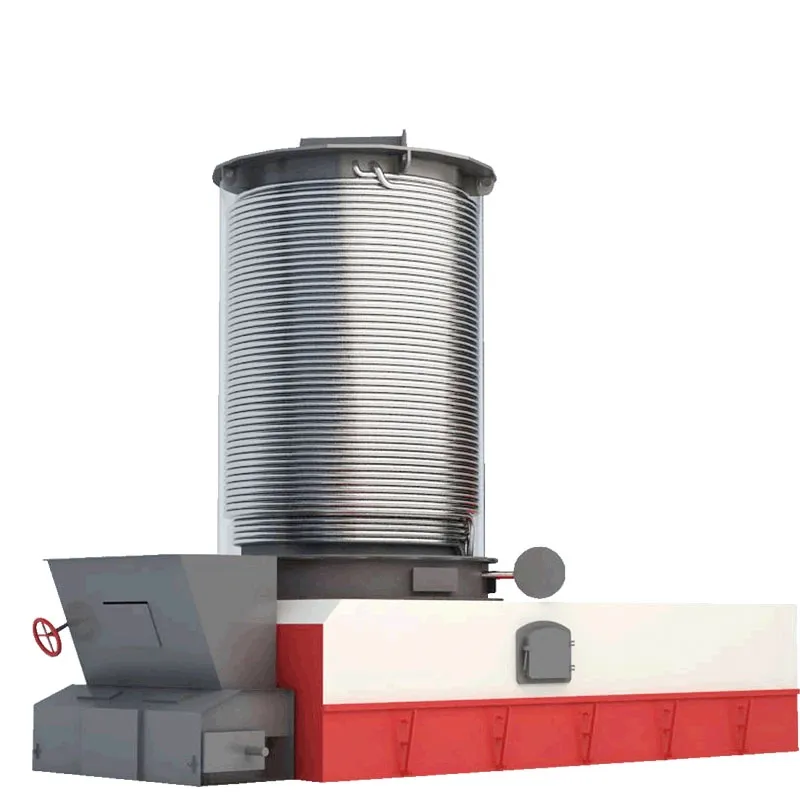CE Certified Thermostat Solutions Designed for Enhanced Performance in Steam Boiler Systems
CE Certification for Thermostats in Steam Boilers
In the realm of industrial applications, steam boilers play a crucial role in many processes, ranging from power generation to food processing. The efficient and safe operation of these systems is paramount, and a critical component that ensures this efficiency is the thermostat. As a device responsible for regulating temperature, thermostats for steam boilers must meet stringent regulatory standards. One such standard is the CE certification, which signifies compliance with safety, health, and environmental protection legislation within the European Economic Area (EEA).
Understanding CE Certification
CE marking stands for Conformité Européenne and indicates that a product has been assessed and meets EU safety, health, and environmental requirements. This certification is mandatory for many products sold within the EEA, including electrical and electronic devices. For thermostats used in steam boilers, CE certification is not just a formality but a crucial aspect ensuring that these devices operate safely and efficiently, protecting both the equipment and personnel involved in the operation of the boilers.
Importance of Thermostats in Steam Boilers
Thermostats in steam boilers control the temperature within the boiler system. They monitor the steam's temperature and send signals to the boiler's control system to adjust heating elements accordingly. This regulation is vital for maintaining optimal thermal efficiency, preventing overheating, and ensuring that the steam is produced safely within specified limits. The failure of a thermostat can result in costly downtimes, production delays, or even catastrophic failures, emphasizing the need for reliability and compliance with safety standards.
The CE Certification Process for Thermostats
Obtaining CE certification for thermostats involves a comprehensive assessment process. Manufacturers must ensure that their products meet several directives, including but not limited to the Low Voltage Directive (LVD) and the Electromagnetic Compatibility (EMC) Directive. The process typically includes
1. Product Testing Thermostats must undergo rigorous testing to assess their performance and safety under various conditions. This often involves thermal cycling tests, electrical insulation tests, and durability assessments.
ce certification thermostat for steam boiler

2. Technical Documentation Manufacturers are required to compile technical documentation that demonstrates compliance with applicable directives. This documentation includes specifications, test results, and design information.
3. Declaration of Conformity (DoC) Once the thermostat has been tested and deemed compliant, the manufacturer must issue a Declaration of Conformity, which states that the product meets all relevant EU requirements.
4. Affixing the CE Mark After successfully completing the above steps, the CE mark can be affixed to the thermostat, signifying compliance and allowing it to be marketed within the EEA.
Benefits of CE Certification
CE certification provides several benefits for manufacturers and end-users alike. For manufacturers, it enhances marketability within the EEA, as customers often seek assurance of quality and safety. Additionally, it reduces the liability risk associated with potential product failures.
For end-users, using CE-certified products fosters greater trust in the equipment's safety and reliability. It reduces the likelihood of accidents, ensuring a safer working environment. Furthermore, CE-certified thermostats can lead to improved efficiency, which can result in significant operational cost savings over time.
Conclusion
In conclusion, CE certification for thermostats in steam boilers is a critical requirement that ensures safety, efficiency, and reliability within industrial operations. As industries continue to evolve, the importance of compliant and reliable components like thermostats will only increase. Embracing these standards not only enhances product quality but also secures a safer working environment, ultimately benefiting both manufacturers and users in the long run. The thorough processes involved in obtaining CE certification serve as a testament to the commitment to safety and quality in an ever-demanding industrial landscape.
-
Top Electric Steam Boiler Manufacturers | AI EfficiencyNewsAug.04,2025
-
Efficient Thermal Oil Boilers with AI Optimization | Superior PerformanceNewsAug.03,2025
-
High-Efficiency OEM Steam Boilers w/GPT-4-TurboNewsAug.02,2025
-
Advanced Electric Steam Boiler Manufacturers | GPT-4 Turbo AINewsAug.01,2025
-
Custom Steam Boilers Manufacturer | AI-Enhanced EfficiencyNewsJul.31,2025
-
Top Electric Steam Boiler Makers | AI-OptimizedNewsJul.31,2025

